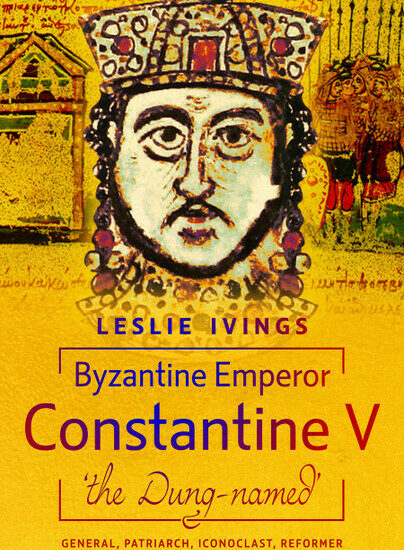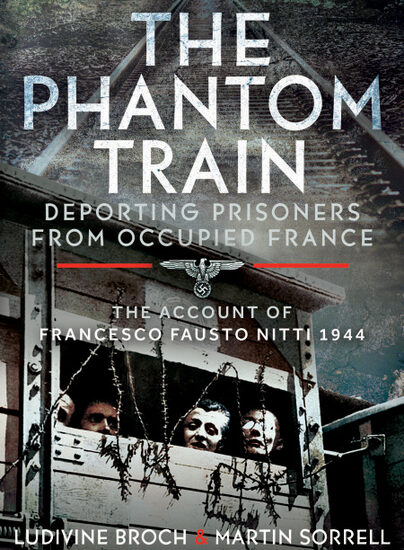The inspirational, yet unbelievably tragic story of Jack Youll VC
Author guest post from Paul Chrystal.
John (‘Jack’) Scott Youll (June 1897- 27 October 1918) was a colliery electrician from a small village near Hartlepool, before volunteering for the British Army in 1915.
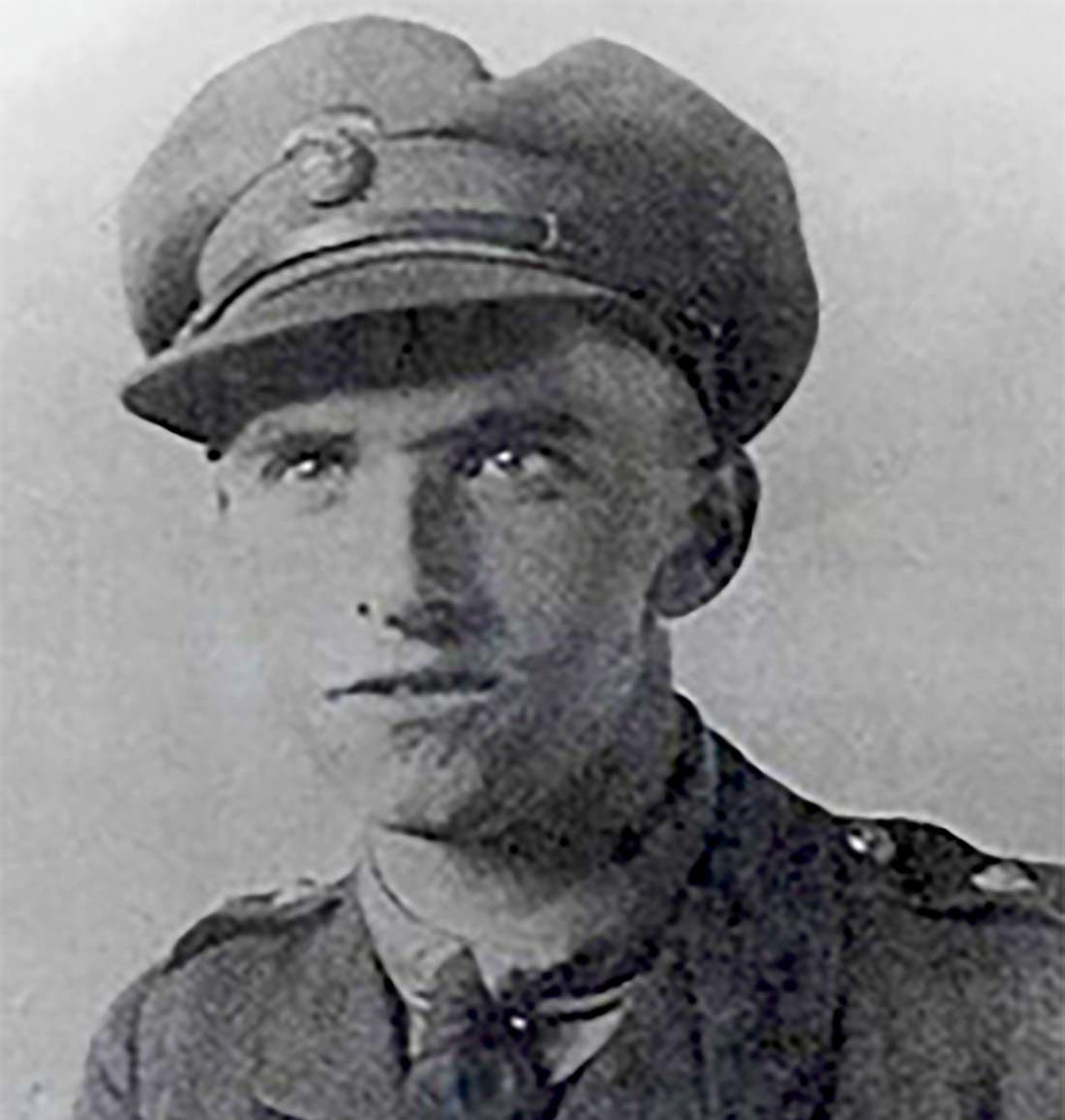
Joining 1st Battalion, Northumberland Fusiliers, he showed early promise and was soon selected for officer training. He first saw action on the Western Front and was mentioned in dispatches for his conduct during the heavy fighting around Polygon Wood in the Third Battle of Ypres. But it was after redeployment to Italy in a strategic move to support the Italian after they changed sides and joined the allies, that he earned the Victoria Cross for his exceptional valour and leadership near Asiago, during the Third Battle of the Piave.
The medal citation for 2nd Lieutenant Youll describes how throughout the fighting ‘his complete disregard of personal safety and very gallant leading set a magnificent example to all’. This was during an extended action which included his single-handedly charging an Austrian machine gun post that had his unit pinned down, killing most of the crew and turning the weapon on the enemy.
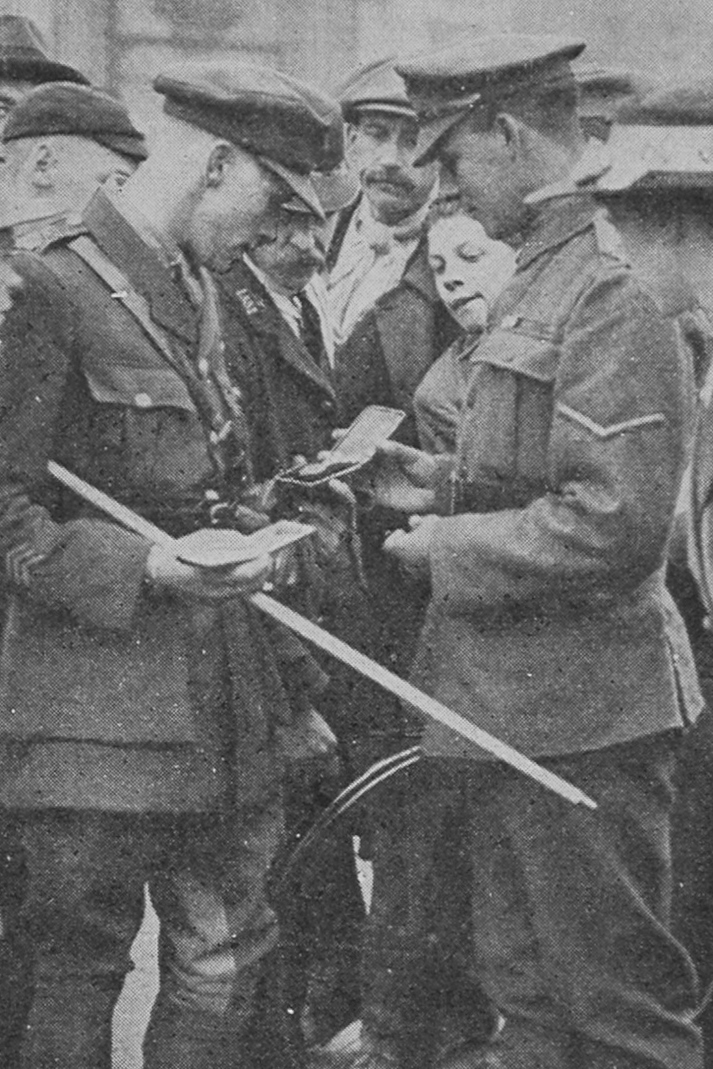
Tragically, Lieutenant Youll VC was killed soon after during the Battle of Vittorio Veneto, the final battle of the Italian campaign, just twenty-four hours before the ceasefire on this front and a mere fortnight before the end of the wider war. Disappointingly, Jack Youll’s example of dutiful service, inspired leadership and extreme courage has until now received little recognition beyond a dignified and moving graveyard memorial in his hometown.
In addition to fascinating detail regarding Jack Youll’s glorious and tragic time in the army and his outstanding exploits in war torn France and Italy – not least the action that led to his VC and Italian silver medal- the book examines the Italian campaign from the point of view of two famous authors who saw action in the very places Jack Youll fought and died, at roughly the same time. Ernest Hemingway and Edward Brittain (brother of nurse Vera Brittain who related her exploits down in ‘Testament of Youth’), both describe the very strategies, actions, and battles which Jack Youll experienced, giving us their different, fascinating perspectives on a significant aspect of the end of World War I.
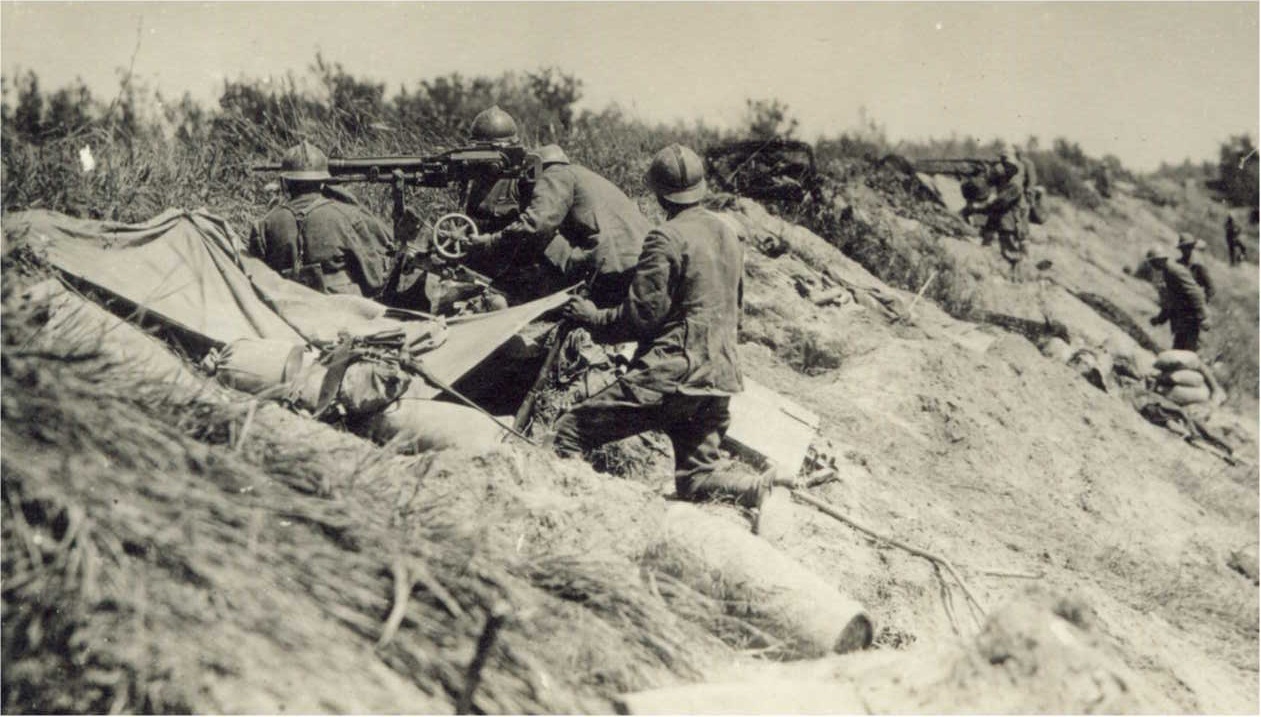
Bravery apart, Jack’s story, of course, is freighted with heart rending tragedy – he was within an ace of surviving the war (which significantly went nowhere near ending all wars). This profoundly unlucky aspect of his short life provides the saddest of conclusions to what is in essence an account of an inspirational, modest, brave and good man.
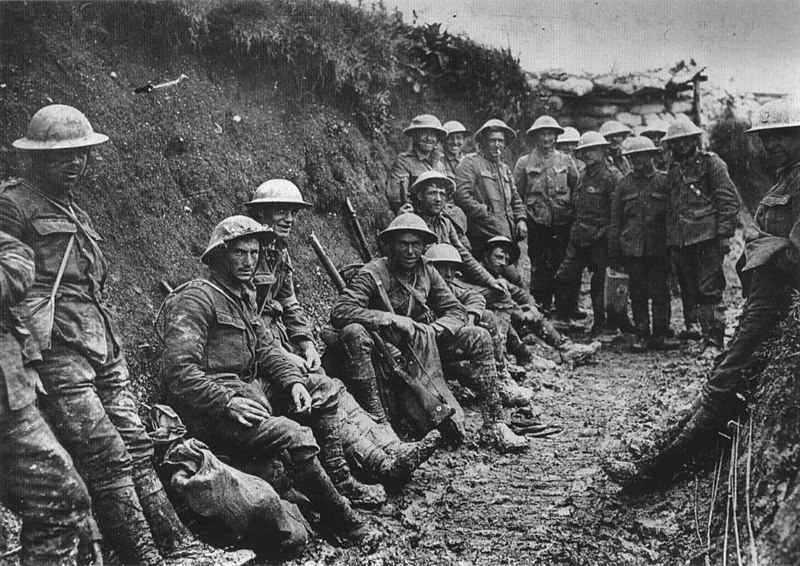
It remains to quote the citation which accompanied the award of Jack Youll’s VC; The London Gazette of Thursday 25 July 1918 described Jack Youll’s singular courage that day; the citation says it all:
‘For most conspicuous bravery and devotion to duty during
enemy attacks when in command of a patrol which came under
the hostile barrage. Sending his men back to safety, he remained to
observe the situation. Unable subsequently to rejoin his company,
2nd Lieutenant Youll reported to a neighbouring unit, and when
the enemy attacked he maintained his position with several men
of different units until the troops on his left had given way and an
enemy machine gun had opened fire from behind him. He rushed
the gun and, having himself killed most of the team, opened fire
on the enemy with the captured gun, inflicting heavy casualties.
Then, finding that the enemy had gained a footing in a portion of
the front line, he organised and carried out with a few men three
separate counterattacks. On each occasion he drove back the enemy,
but was unable to maintain his position by reason of reverse fire.
“Throughout the fighting his complete disregard of personal safety
and very gallant leading set a magnificent example to all”’.
This well-researched and detailed account, written by his relative, Nina Youll, and historian Paul Chrystal, provides at last a fitting testimonial to a true hero of the Great War. Paul lived in Hartlepool for a number of years; Nina grew up in the town and lives locally.
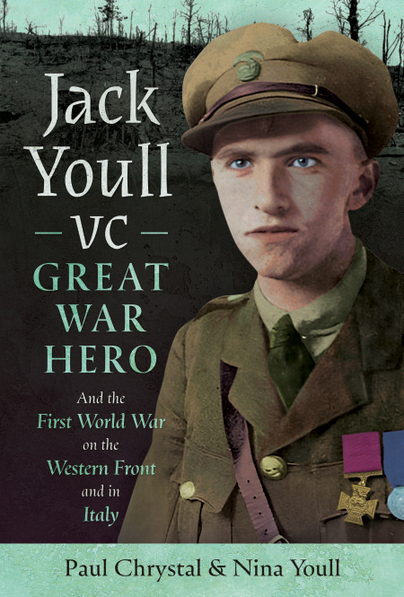
Order your copy here.
